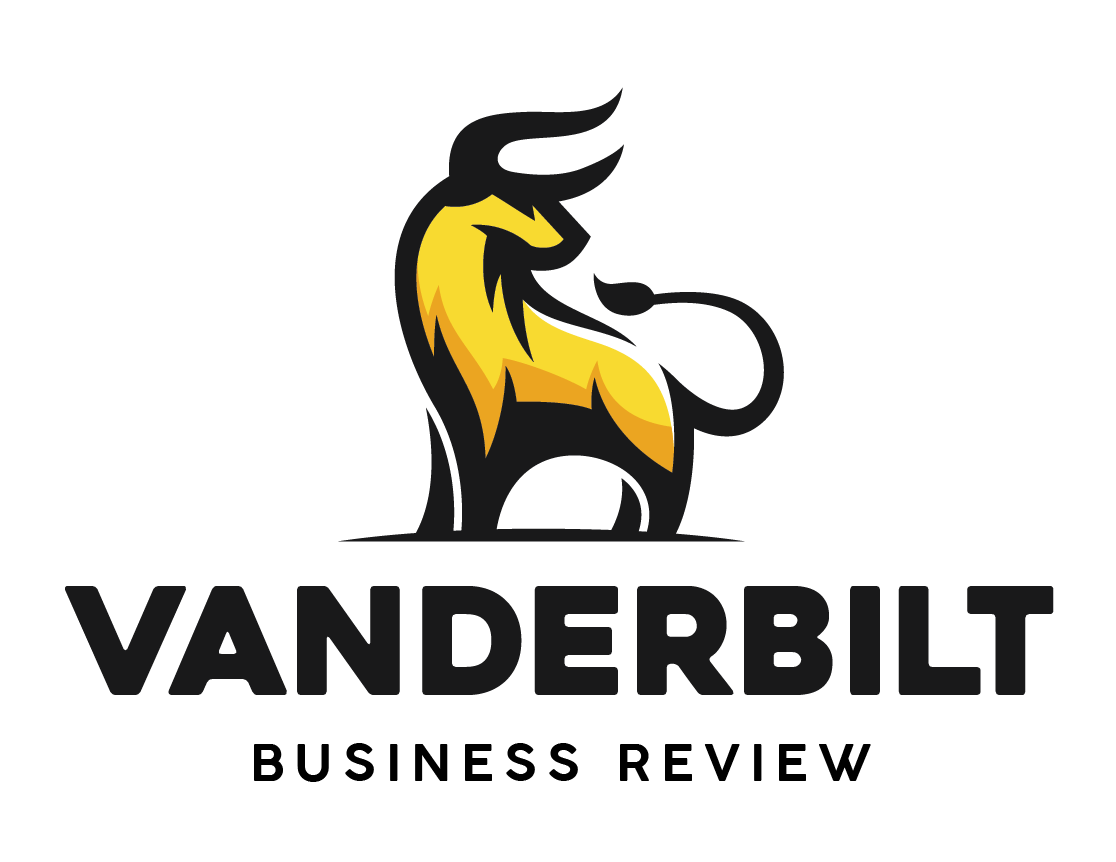By: Benjamin Lee
On Wednesday, March 24th, Professor Gary R. Kimball was prepared to give a talk to the Vanderbilt Finance Club over Zoom concerning his extensive experience in finance. However, he ended up providing much more than that, delineating worthwhile lessons applicable across many facets of life. Below are five key takeaways from his presentation.
Lesson 1: Do what fulfills you.
Both management consulting and investment banking are “fabulous ways to start your career” and “lead to nice opportunities.” At the same time, they lead down “a rigorous career path,” and while they can be “incredibly lucrative… like a lot of jobs, the first few years out of school are going to involve a lot of hours.” With this in mind, Professor Kimball has observed that it is all too easy for students to chase careers in these fields for the wrong reasons, especially to “get validation from their peers.” While choosing a career is a personal decision, the recruitment process for management consulting and investment banking “has a fair amount of groupthink incorporated into it, and given how competitive it is, you kind of follow certain herds.” His advice? “You should pursue [these fields] if you’re passionate about them.” If that sounds simple, that’s because it is. Professor Kimball embodies this advice every day when he devotes himself to his latent passion for educating his students, each of whom he likens to a treasured investment with vast growth potential.
Lesson 2: Be comfortable with uncertainty.
In finance, the future is an opportunity, and those who can make the most accurate predictions, concerning everything from cash flows to general business decisions, set themselves up for success. However, the future is inherently uncertain, so “the more comfortable you are with that, the better off you’re going to be.” Students are so used to being trained “to find the one right answer” that it can be difficult to adjust to the fact that, in finance and in life, “there are often many right answers.”
Lesson 3: Don’t always side with the better brand.
After having committed to the career of your choice, Professor Kimball would advocate that “going to work for a great manager is much more important than going to work for a great brand.” More precisely, “let’s say you’ve got an offer from a bulge bracket investment bank and [another] from a regional bank. The bulge bracket investment bank wins on brand. But if you go to work for the bulge bracket investment bank and the person you report to doesn’t take an interest in your career, you’re going nowhere. [Meanwhile,] if you go to the regional bank and they say ‘You’re the star. You’re coming with us,’ to me, that has more value than the brand does.” While “brand is very, very alluring… finding someone who is going to sponsor you… is really critical.” In essence, if you find a good manager, treasure them, because otherwise you may get stuck “going nowhere fast.”
Lesson 4: Find a way to make your boss’s job easier.
Repeatedly asking yourself questions such as: “How can I help make my boss’s job easier?” and “How do I ask for more to do with a smile?” are key to developing and maintaining your reputation, arguably your most valuable asset. Because “there is so much value in being part of a team where people want to work with you and trust you.” What’s more, “You’ll be shocked that 90% of your peers will look at their job description and do nothing more than that. When creating a model for instance, try including a summary sheet on top that makes it easier to review… or just delivering it early.” No matter how cliché it sounds, by putting in that extra effort, you will differentiate yourself.
Furthermore, Professor Kimball advises that “Every student in my class is really smart.” So when attempting to distinguish yourself in recruiting, “You have to find a way to convey your passion for finance or whatever it is you’re pursuing.” In fact, “ It’s the only differentiator out there. ” So how do you go about it? “With attitude,” even if that only means “taking fifteen minutes each day and reading the financial press. That’s an investment of your discretionary time that says to someone ‘Hey, they’re investing in this career. They’re serious about this. They’re willing to put the effort in…’ whereas another student is just going to cram for the interview.” In the end, Professor Kimball wishes that every student could hear that, “When things get tough at work, if you can bounce back and show you’re consistently good, that goes a long way towards creating opportunities for yourself.”
Lesson 5: Self-care matters.
Finally, perhaps the most important advice of all: take care of yourself. “I hope that all of you have the time to take a deep breath and ask, ‘What do I really love doing?’ ”Because “it takes your healthiest self to do your best, I truly believe that.” If you must remember only one takeaway from Professor Kimball’s talk, this much is clear: Invest in yourself the right way, and you’ll be sure to reap dividends.
(Notes: Having completed his undergraduate studies at Vandy on a football scholarship, and obtained his MBA through the Owen School of Management, Professor Kimball has been endowed with the unique status of being a “Double ‘Dore.” After learning valuable lessons from his work at KPMG, various entrepreneurial ventures, and a logistics firm, he has now taken on the role of sharing his wealth of knowledge with his students.)



